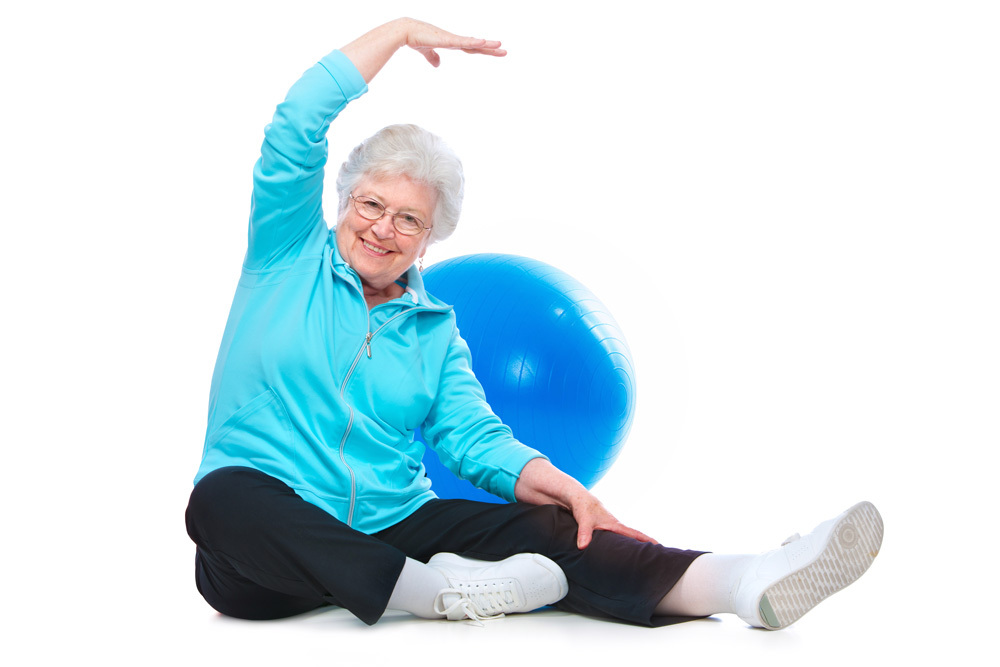What Should You Not Do If You Have Mild Osteoarthritis
Osteoarthritis is a degenerative disease occurring when the cartilage in the joints wears out, causing changes in the bone and mild osteoarthritis is an early stage of it. Though it can worsen over time, most individuals experience minor symptoms in the beginning. Of course, the pain, stiffness, swelling, and inflexibility may worsen if the proper measures aren’t taken. Learning what not to do with this condition is the first step.
Even if it is mild, this disease can progress rapidly. So, physical therapy and exercise is the best way to treat it. Other therapies may also be required to prevent osteoarthritis from progressing or to manage the symptoms. A trained therapist offers education on the disease and guides you through the proper treatment methods.
Check out the following sections for more information on what to avoid when dealing with minor osteoarthritis symptoms.

Don’t Ignore the Pain and Other Signs of Mild Osteoarthritis
One crucial aspect of dealing with mild symptoms of this disease is not ignoring them. These include pain, stiffness, swelling, and a loss of mobility in the affected joint. Though these symptoms may be minor in the beginning, they are a sign that something is wrong.
By pretending they don’t exist, you’re allowing the disease to worsen rather than taking steps to slow the progression. Instead, speak to your doctor to discuss your diagnosis and learn everything about osteoarthritis. Learning the extent of the damage will also determine the best treatment, including rehab therapies, medication, and what to avoid.
Another reason to pay attention to the signs of mild osteoarthritis is so you can inform your doctor of any changes. If the pain becomes more pronounced or your other symptoms worsen, you may need to alter your treatments or routine.
Never be inactive for a long time
Some individuals believe having mild osteoarthritis means they should reduce or eliminate physical activity. This isn’t the case, though. In fact, inactivity can exacerbate your symptoms, increasing stiffness and inflexibility in the affected joint. That’s why medical professionals recommend physical therapy or other exercises to improve osteoarthritis issues.
To treat the minor symptoms, a trained therapist will likely recommend a few exercise options. The first is range-of-motion exercises to improve movement. Strengthening exercises are crucial to build muscle around the joints. Aerobic exercises are also essential to burn calories, reduce pain, and maintain a healthy weight for less strain on the joints.
Though inactivity can worsen osteoarthritis symptoms, doing too much isn’t a good idea either. You should also choose low-impact activities rather than high-impact or repetitive-motion exercises since these can cause further damage and pain.
Don’t allow it to progress
Osteoarthritis has no cure, but this doesn’t mean you should let it evolve unchecked. In fact, taking measures in the early stages when mild osteoarthritis symptoms first appear slows the progression significantly.
Such measures include physical therapy, exercise, weight management, and eating healthy. If the pain worsens, try some over-the-counter pain medications and give the joint a rest until it subsides. Most importantly, stop expecting your osteoarthritis to get better on its own. It takes effort to prevent the disease from advancing to more severe stages, so follow your doctor’s instructions.
Resources:
https://www.cdc.gov/arthritis/basics/osteoarthritis.htm#:~:text=Osteoarthritis%20(OA)%20is%20the%20most,underlying%20bone%20begins%20to%20change.
https://www.versusarthritis.org/about-arthritis/conditions/osteoarthritis/
https://www.mayoclinic.org/diseases-conditions/arthritis/in-depth/arthritis/art-20046440
https://www.arthritis.org/health-wellness/healthy-living/physical-activity/getting-started/benefits-of-exercise-for-osteoarthritis
This article is for educational and informational purpose only and does not substitute for professional medical advice. For any questions about your own health condition, speak to a qualified physician or healthcare provider.







Leave A Comment